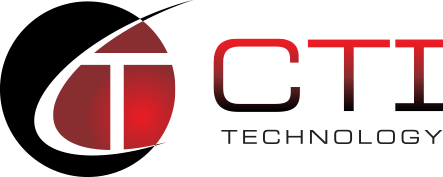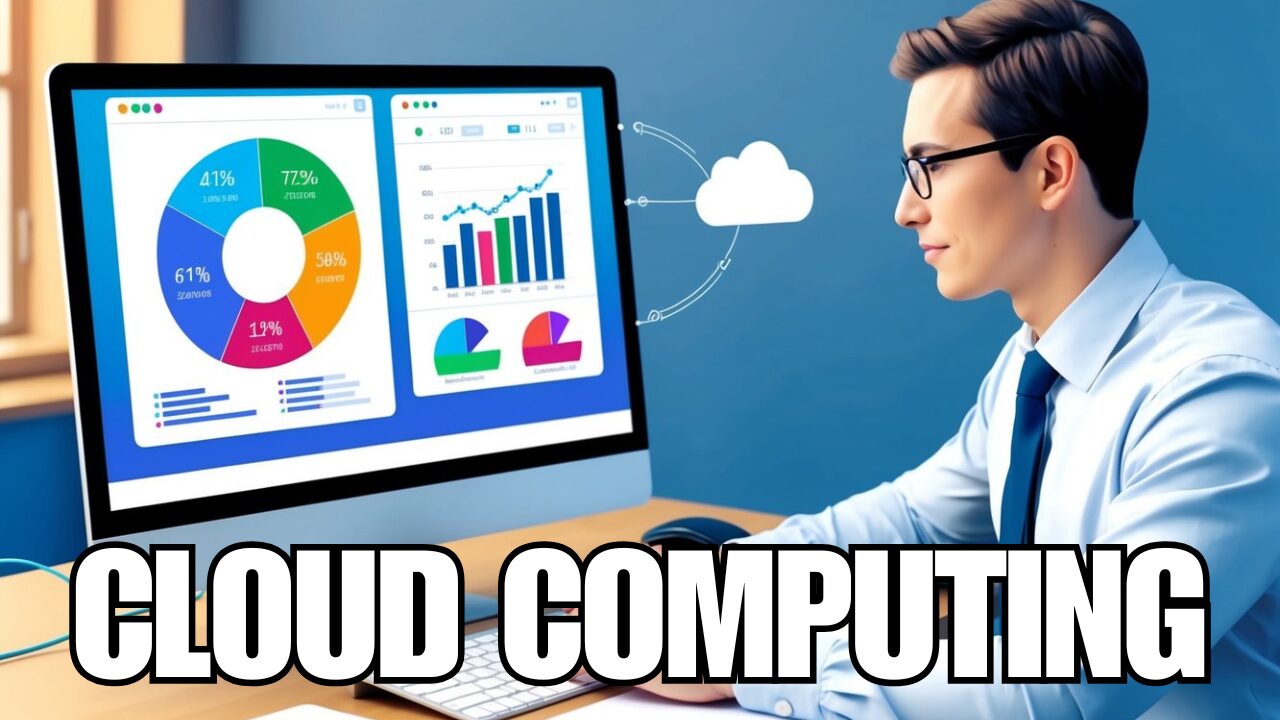Why Leading Organizations Must Continue To Invest In Information Systems Infrastructure In The Second Half Of 2024: Key Benefits and Strategic Advantages
Investing in information systems infrastructure is crucial for leading organizations, especially in the second half of 2024. With a growing reliance on digital operations and cyber threats increasing, the need for secure and efficient systems is more important than ever. By prioritizing investment in these systems, you ensure your organization remains resilient and competitive in an evolving landscape.
Emerging technologies like Artificial Intelligence (AI) and cloud-based solutions are reshaping businesses’ operations. These innovations provide new opportunities but also come with their own set of challenges. Addressing these proactively by investing in robust information systems can help you navigate these changes smoothly, maintaining operational stability and fostering innovation.
A well-funded information systems infrastructure mitigates risks and leverages new technologies to drive growth. Investing in this area empowers your organization to adapt and thrive amid the digital transformation. Focusing on this strategic imperative sets your organization up for long-term success.
Key Takeaways
- Investing in information systems infrastructure ensures resilience and competitiveness.
- Robust systems help navigate challenges and leverage new technologies.
- Funding this area drives growth and supports long-term success.
Strategic Importance of Information Systems Infrastructure
Investing in information systems infrastructure is crucial for leading organizations. It provides a competitive edge and enhances operational excellence and efficiency.
Competitive Edge and Innovation
Modern information systems infrastructure enables you to stay ahead in the market. You can innovate and offer unique products or services by leveraging advanced technologies. This infrastructure allows you to analyze data more effectively, leading to better decision-making.
Benefits:
- Enhanced data analytics for market insights
- Improved customer experience through personalized services
- Quicker time-to-market for new products
By staying current with your IT infrastructure, you position your organization to capitalize on upcoming trends and technologies. This proactive approach keeps you competitive.
Operational Excellence and Efficiency
A well-structured IT infrastructure enhances productivity. Employees can work more efficiently with reliable and fast systems. This leads to reduced downtime and fewer operational issues.
Key aspects include:
- Automated processes that reduce manual work
- Integration of various systems for seamless operations
- Scalable infrastructure to meet increasing demands
Effective infrastructure supports your operations, making your organization more resilient and adaptive. This ensures you can maintain high service levels and operational stability as you grow.
Challenges and Risks in Information Systems Infrastructure
Information systems infrastructure faces many challenges and risks, primarily centered on cybersecurity threats, data privacy, scalability, and flexibility. Addressing these concerns is crucial for maintaining performance and protecting critical data.
Cybersecurity Threats and Data Privacy
Cybersecurity threats evolve, making protecting your organization’s data and systems essential. Cyber attacks can result in data breaches, financial loss, and damage to your reputation. Hackers use various methods, such as phishing, ransomware, and malware, to exploit vulnerabilities in your systems.
Data privacy is also a major concern, with regulations like GDPR and CCPA imposing strict requirements on data protection. Non-compliance can lead to heavy fines and legal consequences.
Effective cybersecurity measures include:
- Regular software updates to patch vulnerabilities.
- Employee training on recognizing and avoiding phishing schemes.
- Robust encryption to protect sensitive data.
- Multi-factor authentication (MFA) adds an extra layer of security.
Scalability and Flexibility Concerns
Scalability involves an infrastructure’s ability to handle growth, ensuring that performance and reliability remain unaffected. Failing to scale properly can lead to system crashes and downtime, disrupting business operations. You must anticipate future needs and ensure your infrastructure can adapt without significant overhauls.
Flexibility is equally important. It allows your organization to pivot quickly and adopt new technologies or processes. An inflexible system can slow down innovation and hinder competitive advantage.
Key practices for achieving scalability and flexibility include:
- Utilizing cloud services that offer scalable resources.
- Implementing microservices architecture for modular and adaptable systems.
- Regular capacity planning to forecast and manage growth.
- Investing in automation tools to streamline resource management and reduce the burden on IT staff.


Investment in Emerging Technologies
Investing in cutting-edge technologies like AI, machine learning, blockchain, and distributed ledgers is vital for staying ahead in the competitive landscape. Reliable IT infrastructure is crucial for supporting these technologies and enhancing their potential.
AI and Machine Learning Needs Reliable IT Infrastructure
Artificial Intelligence (AI) and Machine Learning (ML) transform industries by automating processes, enhancing decision-making, and providing valuable insights. For these technologies to function optimally, you need a robust IT infrastructure. This infrastructure ensures high computational power, secure data storage, and efficient data processing.
Reliable infrastructure minimizes downtime and improves the speed of developing and deploying AI/ML models. High-performance servers and vast storage solutions help manage the large datasets needed for training models. Moreover, network security protects sensitive data from breaches, maintaining stakeholder trust. Failure to invest appropriately can lead to inefficiencies, security vulnerabilities, and missed opportunities.
Blockchain and Distributed Ledgers
Blockchain technology and distributed ledger systems offer secure and transparent ways to conduct transactions and store data. Investing in these technologies requires software solutions and a dependable IT infrastructure to support peer-to-peer networks and decentralized applications (dApps).
Resilient infrastructure ensures high availability and fault tolerance for blockchain systems, reducing the risk of failures that could compromise the ledger’s integrity. Importantly, scalable infrastructure can handle increased transaction volumes as your organization grows. Enhanced processing power and storage capability are essential to maintaining an efficient and secure blockchain environment. Implementing optimal infrastructure for blockchain technologies boosts your organization’s credibility and operational efficiency.
Human Capital and Organizational Culture
Investing in human capital and fostering a strong organizational culture is crucial in the digital age. This ensures your company remains adaptive and competitive.
Teleworking Is Here To Stay
Remote work is now a permanent aspect of many businesses. Teleworking offers flexibility and can boost productivity. However, it also requires robust communication tools and support systems to maintain team cohesion.
Fostering a strong company culture is essential in remote settings. Regular virtual meetings, transparent communication, and digital collaboration tools can help. Employees need to feel connected and valued, even working from different locations.
Invest in training programs that focus on collaboration and soft skills. These are vital for maintaining a positive remote work environment. A supportive culture enhances job satisfaction and loyalty, which can reduce turnover rates.
Assessing the Financial Implications
Evaluating the financial implications of investing in information systems requires carefully considering costs and potential returns. Key factors include cost-benefit analysis and examining return on investment (ROI) metrics.
Cost-Benefit Analysis
Understanding the cost-benefit analysis of information systems infrastructure is essential. Initial costs can include hardware, software licenses, and training. Ongoing expenses might cover maintenance, updates, and technical support.
You should weigh these costs against expected benefits. These benefits might include increased efficiency, reduced error rates, and improved data security. Additionally, indirect benefits such as enhanced decision-making and increased customer satisfaction should be considered.
Creating a detailed list of all anticipated costs and benefits can help you make an informed investment decision. Financial projections should be based on realistic assumptions to avoid overestimating or underestimating the return on investment.
Return on Investment Metrics
Measuring return on investment (ROI) for information systems involves specific metrics. Begin by calculating the net gain from the investment (total benefits minus total costs). Then, divide the net gain by the total investment cost to derive the ROI percentage.
Key ROI metrics may include reduced operational costs, increased revenue, and time savings. To get a comprehensive view, consider short-term and long-term returns.
Incorporate metrics such as payback period to determine how quickly the investment will pay for itself. This helps in assessing the financial sustainability of the investment. Tracking real-time data and regularly reviewing these metrics will help ensure the investment remains profitable.
Why Is CTI Technology The Best Choice For IT Services In The Chicagoland Region?






















